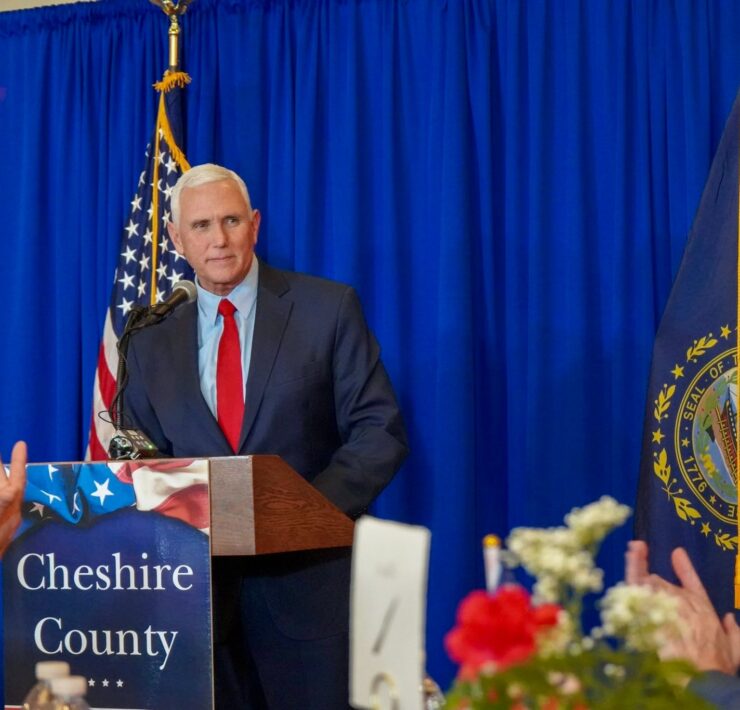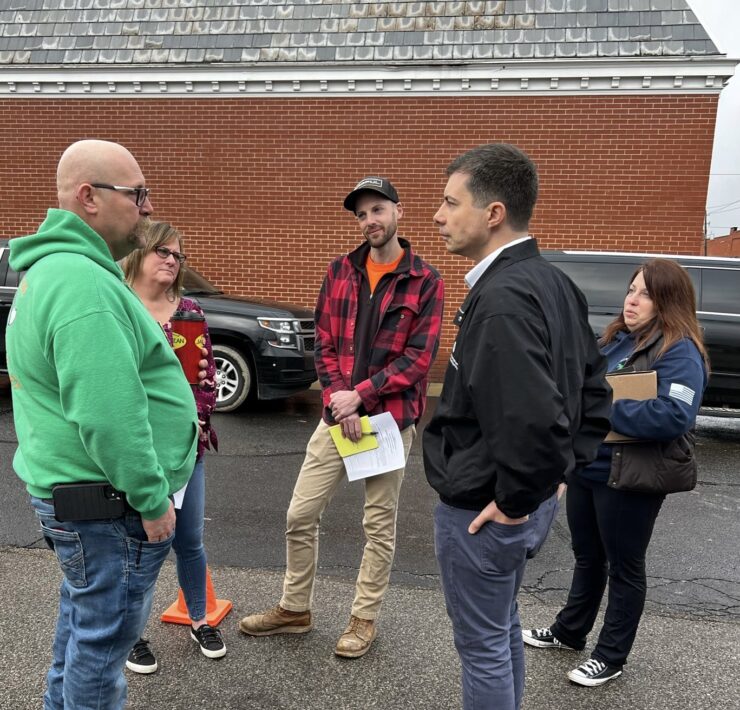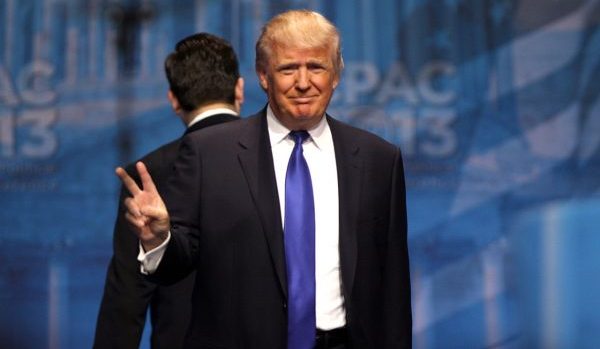Democrats Debating Policies Rather than Preferences

Intersectionality, accessibility, and squashing the sexist, patriarchal norms through queer…
Is the country ready for a president who identifies as LGBTQ? That is the question, as democratic candidates begin the primary debates tonight, Wednesday June 26, and tomorrow.
Starting at 9 p.m. EST, the first round of candidates will take the stage in Miami. This can be watched on NBC, MSNBC, and Telemundo. It will also be streamed live on Twitter and YouTube for those who prefer web viewing. The first round on Wednesday will find 10 of the 20 democratic candidates answering questions at 60 seconds a pop, and they will have 30 seconds for rebuttals (the remaining 10 will have their turn Thursday).
While what the candidates discuss during their short time at the mic is significant, what happens after Thursday night will be the true indicator as to what the country is ready to see, hear, and feel.
The Associated Press (AP)-NORC Center for Public Affairs Research recently polled voters around various factors taken into consideration when placing a check-mark on the ballot. AP surmised that a sizable number of U.S. voters say they’d have some hesitancy about supporting an LGBTQ candidate for president, with this being more of an issue than a candidate’s race or gender.
The poll indicated that only one in 10 voters would be reluctant to vote for a person based on their race or gender, yet 32 percent of registered voters said they would be less excited about supporting a presidential candidate who was gay, lesbian, or bisexual. Even further, 42 percent said that about a transgender candidate.
David Flaherty, a republican pollster in Colorado, said generational demographics are likely to be pivotal in making it easier for LGBTQ candidates to win, given that voters under 45 are far more open to them.
“That 32 percent is not an insurmountable hurdle,” David Flaherty told AP. As a Colorado republican pollster, Flaherty said that the majority of those who fall within the disapproving demographic are ages 65 and older. “As those folks pass on, sexual orientation will be an afterthought in future elections,” he said.
With a near 50-50 split, Trump’s approval rating currently sits at 42 percent in favor of the republican president, according to FiveThirtyEight. Democratic candidates have a lot to overcome; however, only 30 percent of sitting, first-term presidents have won re-election, so the numbers indicate that it is not insurmountable.
As the country tunes in, the microscope will be on Pete Buttigieg as the sole, out LGBTQ candidate in the pool. The mayor from South Bend, Indiana has risen in popularity with little controversy over the fact that he is a gay, married man. With his comfort in discussing his queerness, while not drawing attention to it nor shying away from it, the country is paying attention to his policies rather than his sexual orientation.
Many of the hopefuls taking the stage over the next two days are unknown to the general public, yet the results could catapult several to a top tier of visibility and intrigue. Once rhetoric about policies come to the forefront of the conversation, the question still remains, is the country ready for an LGBTQ leader?
Candidates debating June 26 and June 27:
Wednesday’s lineup is Cory Booker, Julián Castro, Bill de Blasio, John Delaney, Tulsi Gabbard, Jay Inslee, Amy Klobuchar, Beto O’Rourke, Tim Ryan, and Sen. Elizabeth Warren.
Thursday’s lineup is Michael F. Bennet, Joe Biden, Pete Buttigieg, Kirsten Gillibrand, Kamala D. Harris, John Hickenlooper, Bernie Sanders, Eric Swalwell, Marianne Williamson, and Andrew Yang.
Photo courtesy of Facebook
What's Your Reaction?
Intersectionality, accessibility, and squashing the sexist, patriarchal norms through queer pearls of wishful wisdom.










